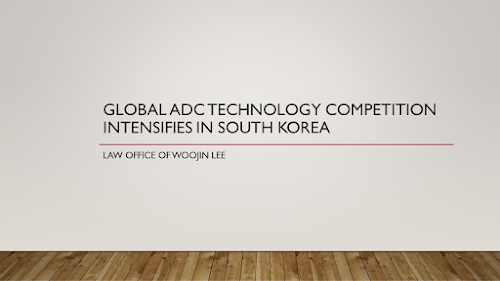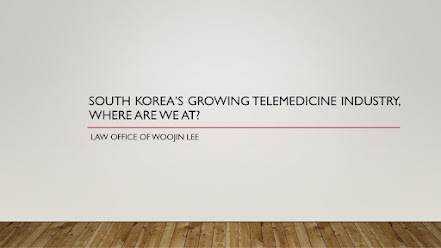Global ADC Technology competition intensifies in South Korea
The global competition for Antibody-Drug Conjugate (ADC) technology, a cutting-edge method in anti-cancer drug development, is intensifying. Major global pharmaceutical companies, including Pfizer, AbbVie, and Johnson & Johnson, invested significantly to secure ADC technology. This trend is also evident in South Korea, with companies like Samsung Biologics and Celltrion leading the race to obtain ADC capabilities.
ADC involves attaching drugs that can attack cancer cells to antibodies, offering targeted drug delivery for anti-cancer agents. The technology is gaining attention globally, and the ADC market is expected to reach $19.8 billion by 2028. The interest in ADC further increased with the approval of 'Enhertu,' an ADC drug for breast cancer jointly developed by AstraZeneca and Daiichi Sankyo.
Major global pharmaceutical companies are actively involved in ADC technology, with Pfizer's Seagen acquisition being the largest M&A deal in the sector. Korean companies, such as Samsung Biologics and Celltrion, are also investing in ADC technology. Samsung Biologics plans to start commercial ADC production, while Celltrion is expanding collaborations with biotech companies for ADC drug development.
Other Korean companies like Chong Kun Dang, LegoChem Bio, and ABL Bio are also making strides in ADC technology. They aim to strengthen their new drug capabilities and contribute to the evolving landscape of anti-cancer treatments. The industry anticipates continued growth in ADC technology, with collaborations and joint research efforts becoming more prevalent in the Korean biotech sector.




Comments
Post a Comment